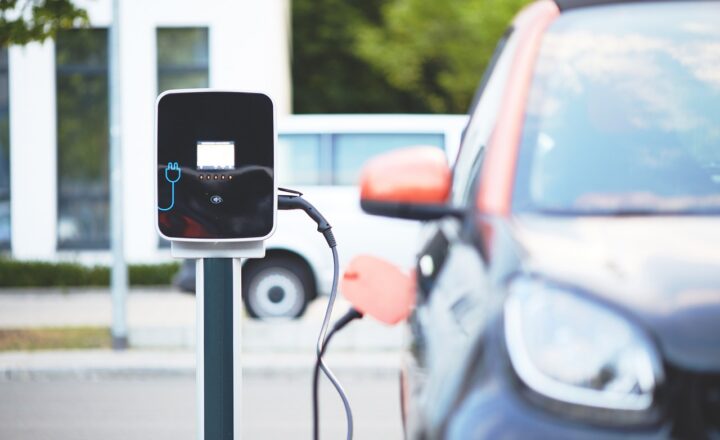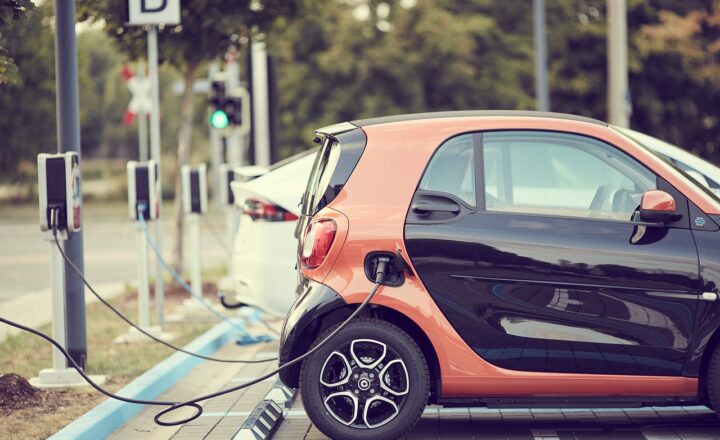The Pros and Cons of Electric vs. Gasoline Cars: Which is Right for You?
November 15, 2024

The automotive industry is evolving at a rapid pace, with new technologies redefining how we think about vehicles. Among the most significant developments in recent years have been the rise of electric cars alongside traditional gasoline cars. As consumers, we are often faced with the decision: should I invest in an electric vehicle (EV) or stick with a gasoline-powered car? In this article, we will explore the pros and cons of both options to help you make an informed choice.
1. Understanding Electric and Gasoline Cars
To effectively compare electric and gasoline vehicles, it’s essential to understand their fundamental differences.
Electric cars are powered by electric motors, drawing energy from rechargeable battery packs. They produce zero tailpipe emissions, contributing to a cleaner environment. Conversely, gasoline cars operate using internal combustion engines, burning petrol or diesel to generate power. This process releases carbon emissions, impacting air quality and contributing to climate change.
As we delve into the pros and cons, it’s crucial to consider various factors such as environmental impact, cost, convenience, performance, features, and maintenance.
2. Pros and Cons of Electric Cars
Pros:
- Environmental Benefits: Electric cars produce no tailpipe emissions, significantly reducing your carbon footprint. By driving an EV, you’re contributing less to air pollution and climate change.
- Lower Operating Costs: EVs are generally cheaper to operate than gasoline cars. Electricity is usually less expensive than gasoline, and electric vehicles often maintain higher efficiency, giving you more mileage per energy unit. Additionally, electric cars have fewer moving parts, which can translate to lower maintenance costs.
- Government Incentives: Many governments offer tax incentives, rebates, and grants for EV purchases. This can considerably lower your upfront costs, making electric cars more affordable.
- Quiet Operation: One notable feature of electric vehicles is their quiet operation, resulting in a more peaceful driving experience. You’ll enjoy the benefits of almost silent operation, which contributes to less noise pollution.
- Instant Torque and Performance: Electric motors provide instant torque, delivering superior acceleration compared to traditional gasoline engines. Driving an EV, you’ll often experience faster starts and more responsive performance.
Cons:
- Limited Range: One of the most significant drawbacks of electric vehicles is their limited range compared to gasoline cars. Most electric vehicles can travel between 150 to 370 miles on a single charge, which can be a concern for those who frequently take long trips.
- Charging Infrastructure: While charging stations are becoming more common, they are not as widespread as gas stations. This can pose a challenge if you’re traveling in remote areas where charging options are limited.
- Longer Refueling Time: Charging an electric car can take significantly longer than refueling a gasoline car, especially when using standard home chargers. While fast charging options exist, they may still require you to wait for 30 minutes to an hour for a substantial charge.
- Initial Cost: Despite government incentives, EVs can have higher upfront costs compared to gasoline cars, especially when looking at higher-end models. This can deter some buyers looking for a budget-friendly option.
3. Pros and Cons of Gasoline Cars
Pros:
- Greater Range and Convenience: Gasoline vehicles have a more extensive range than electric vehicles, with many models capable of exceeding 400 miles on a full tank. Refueling is quick and convenient, typically taking a few minutes at a gas station.
- Variety and Selection: Gasoline cars come in a broader range of options regarding models, makes, and styles. This variety can make finding a car that suits your preferences and needs easier.
- Lower Initial Cost: Generally, gasoline cars are less expensive than their electric counterparts. For budget-conscious consumers, this lower initial cost can be a significant benefit.
- Established Infrastructure: The infrastructure for gasoline vehicles is well-established. Gas stations are plentiful and easy to find in most areas, making them convenient for refueling during road trips or daily commutes.
Cons:
- Environmental Impact: Gasoline cars contribute to air pollution and greenhouse gas emissions. As concerns over climate change grow, this environmental impact cannot be overlooked.
- Higher Operating Costs: The cost of gasoline can fluctuate significantly, impacting your overall operating costs. Additionally, gasoline vehicles tend to have higher maintenance costs due to more moving parts and the complexity of their engines.
- Noise Pollution: Traditional vehicles are inherently noisier than their electric counterparts. This noise can contribute to a less serene driving experience and significant noise pollution in urban environments.
4. Which is Right for You?
Deciding between electric and gasoline cars ultimately comes down to your personal needs, lifestyle, and values. Here are some questions to consider:
1. **Driving Habits:** If you primarily drive short distances for commuting, an electric vehicle might be ideal. However, if you often take long road trips, a gasoline car may be more practical.
2. **Environmental Concerns:** If reducing your carbon footprint is a priority for you, an electric vehicle aligns well with that goal.
3. **Budget:** Consider both initial costs and long-term savings. An electric car may cost more upfront but save you money on fuel and maintenance over time.
4. **Local Charging Infrastructure:** Check the availability of charging stations in your area and along frequently traveled routes.
5. Conclusion
Electric and gasoline cars each have their advantages and disadvantages. By understanding these differences and reflecting on your driving habits, budget, and environmental values, you can make an informed decision on which vehicle type is right for you. Whether you choose to go electric or stick with gasoline, it’s essential to consider how your choice aligns with your lifestyle and the future of transportation.






